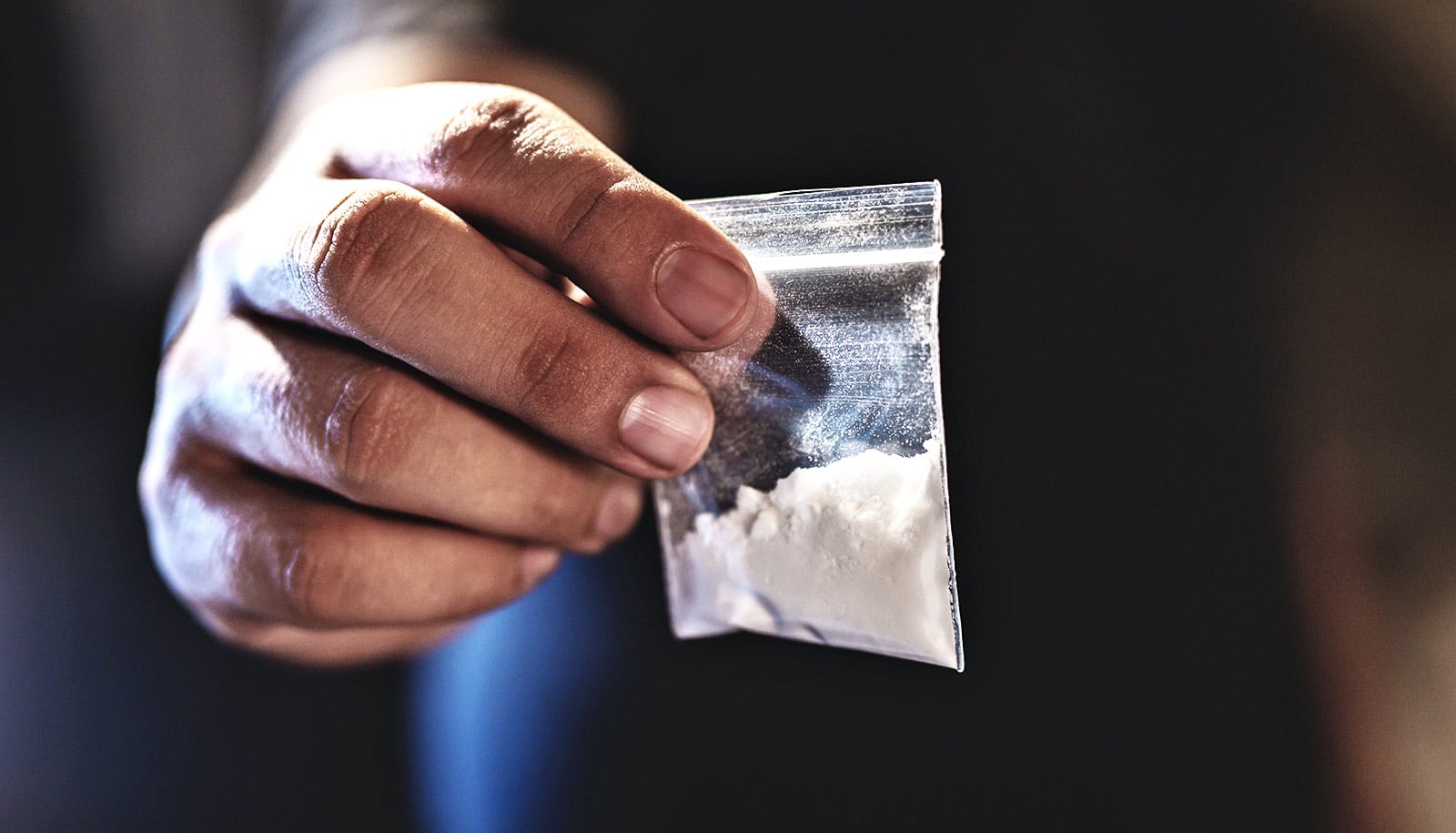Researchers have discovered that an antioxidant found in rosemary extract can reduce intakes of cocaine by moderating the brain’s reward response, offering a new therapeutic target for treating addiction.
The study in the journal Neuron describes researchers’ focus on a region of the brain called the globus pallidus externus, which acts as a gatekeeper that regulates how we react to cocaine.
They discovered that within the GPe, parvalbumin-positive neurons are crucial in controlling the response to cocaine by changing the activity neurons releasing the pleasure molecule dopamine.
“There are currently no effective therapeutics for dependence on psychostimulants such as cocaine, which, along with opioids, represent a substantial health burden,” says corresponding author Kevin Beier, an associate professor of physiology and biophysics at the University of California, Irvine.
“Our study deepens our understanding of the basic brain mechanisms that increase vulnerability to substance use disorder-related outcomes and provides a foundation for the development of new interventions.”
Findings in mice revealed that globus pallidus externus parvalbumin-positive cells, which indirectly influence the release of dopamine, become more excitable after being exposed to cocaine. This caused a drop in the expression of certain proteins that encode membrane channels that usually help keep the globus pallidus cell activity in check. The researchers found that carnosic acid, an isolate of rosemary extract, selectively binds to the affected channels, providing an avenue to reduce response to the drug in a relatively specific fashion.
“Only a subset of individuals are vulnerable to developing a substance use disorder, but we cannot yet identify who they are. If globus pallidus cell activity can effectively predict response to cocaine, it could be used to measure likely responses and thus serve as a biomarker for the most vulnerable,” Beier says. “Furthermore, it’s possible that carnosic acid could be given to those at high risk to reduce the response to cocaine.”
The next steps in this research include thoroughly assessing negative side effects of carnosic acid and determining the ideal dosage and timing. The team is also interested in testing its efficacy in reducing the desire for other drugs and in developing more potent and targeted variants.
Scientists from the University of West Virginia and the University of Colorado participated in the study.
Support for this work came from the National Institutes of Health, One Mind, the Alzheimer’s Association, New Vision Research, BrightFocus Foundation, and the Brain & Behavior Research Foundation.
Source: UC Irvine











 VICE (2018) | Full Movie Trailer | Full HD | 1080p
VICE (2018) | Full Movie Trailer | Full HD | 1080p








Discussion about this post